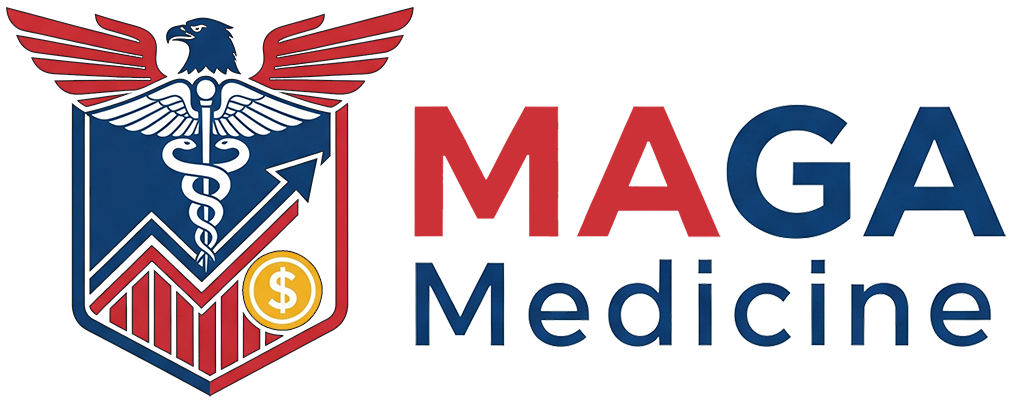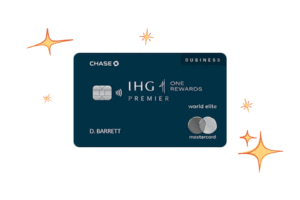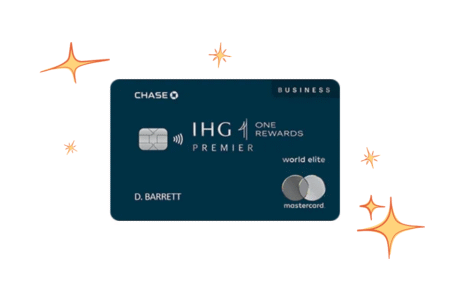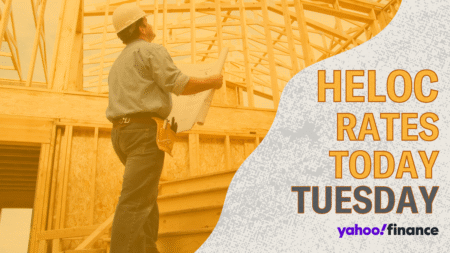Small mortgage loans cater to borrowers looking to buy a lower-cost property, such as a condominium or a modular home. However, many lenders have a minimum amount you can borrow for a mortgage. Thankfully, there is a handful of national mortgage lenders that offer lower loan limits.
A small mortgage loan — often referred to as a mini mortgage, micro mortgage, or small-dollar mortgage — is a home loan for a small amount. The exact figure or minimum amount that constitutes a small mortgage varies, but Pew Charitable Trusts labels it as any mortgage under $150,000.
-
More affordable monthly mortgage payments
-
A smaller mortgage loan means you’ll need less money for a down payment
-
Reduced closing costs due to a lower loan amount
-
Not all lenders offer small mortgage loans
-
Mortgage lenders often charge higher interest rates to maximize profits
-
Increased competition from cash buyers in select markets
-
Closing costs not as low as you’d expect because some fees are a fixed cost rather than a percentage of your loan amount
How much house can you afford? Use the Yahoo Finance home affordability calculator.
Mortgage loan officers often earn commissions on each sale they facilitate. If the home price is on the low end, the profit margins are lower, making these transactions far less attractive for lenders.
Mortgage lenders earn a profit in the form of interest, making the work and risk of extending a loan worthwhile. However, the total interest earned on small mortgages is much lower, so some lenders aren’t interested in originating these loans.
As with any mortgage product, small mortgages use the property you purchase as collateral. You may need a small loan because you’re buying a lower-cost property, such as a condo. Or you might be buying an affordable home in an economically disadvantaged area. The lower market value and the less-than-desirable location make it challenging for the lender to recoup its investment in the event of a foreclosure.
Small mortgage loans aren’t always easy to find. But with research and diligence, you can find the right loan product to fund your home purchase.
Contact your current bank or credit union, assuming they offer conventional or government-backed mortgages. Ask about home loan minimums to determine if they could be an option.
Also, consider shopping for a small mortgage loan through these entities:
Good news: You aren’t limited to the types of organizations listed above if you want a small mortgage loan. A select few national mortgage lenders offer home loans for smaller amounts. Using a large, well-established company can result in a smoother process and provide you with peace of mind.
Before formally applying, gather quotes from at least three mortgage lenders to identify which is best for your financial situation. It’s also worth speaking with a real estate agent, as they may know of other lenders who can assist you with your search for the right small mortgage loan.
Lending guidelines vary, but here are some general requirements to keep in mind:
The property’s condition should meet the lender’s standards to qualify for funding. And if you put down less than 20%, you may have to pay for private mortgage insurance (PMI).
It’s equally important to factor in closing costs. They vary but are usually between 2% and 5% of the purchase price.
Not having much luck finding a small mortgage? Or maybe the costs outweigh the benefits of these home loans. Either way, consider these alternatives to fund your purchase.
A personal loan is another viable option for purchasing an affordable home. If it’s an unsecured loan, you won’t face foreclosure if you fall behind on the monthly loan payments.
However, personal loans typically have shorter loan terms and higher interest rates than mortgage loans, which can result in higher monthly payments.
Although it’s not a form of financing, a rent-to-own home is a positive step toward homeownership if you can’t purchase one at the moment. You can rent the property for a few years and exercise the option to buy it when your finances are more stable and you can secure a home loan.
Standard FHA 203(k) loan
Are you interested in a small mortgage to buy a fixer-upper? Using a Standard FHA 203(k) loan, you could make major renovations such as replacing the plumbing system or making structural repairs. You must borrow at least $5,000, though.
Do you currently own a home with a sizable amount of equity? Consider tapping into it through a home equity loan or a home equity line of credit (HELOC) and using the funds to purchase a second property.
Home equity loans give you funds in one lump sum, charge fixed interest rates, and have predictable monthly payments.
HELOCs let you withdraw money on a rotating basis during the draw period, and payments fluctuate based on the amount you borrow and the variable interest rate.
A “small mortgage loan” is typically defined as a home loan for less than $150,000. Some mortgage lenders offer lower amounts, and there are even lender-specific programs that don’t have a minimum borrowing requirement at all.
There aren’t many small mortgage lenders, so it could be hard to find one that fits your criteria. Ask your real estate agent for recommendations. Additionally, consider exploring the offerings of small community banks, local credit unions, nonprofit lending partners, hard money lenders, portfolio lenders, and community development financial institutions in your area.
Yes, some banks offer financing for tiny-home purchases. You can use a traditional mortgage to fund the purchase, but meeting the lender’s guidelines can be challenging. A land loan, construction loan, or home equity loan product could be more ideal. Or you can seek in-house financing through the tiny-home builder.
Laura Grace Tarpley edited this article.
Read the full article here
